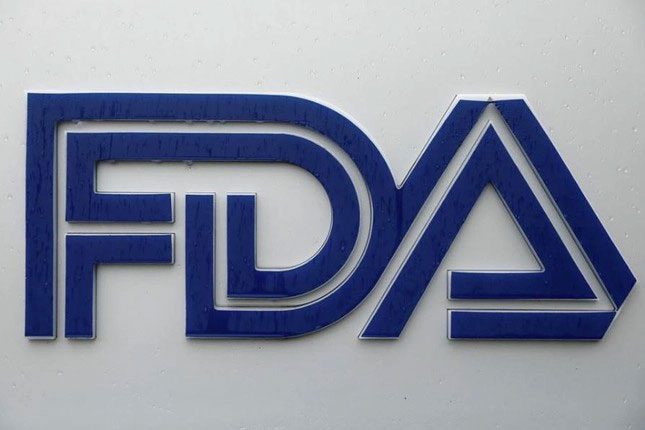The U.S. Food and Drug Administration (FDA) has recently approved a fecal microbiota transplantation therapy developed by the Swiss pharmaceutical company Ferring to reduce the incidence of recurrent infections. This is the first drug utilizing this method to receive official approval.

This is the first drug using fecal microbiota transplantation method approved by the FDA.
Rebyota targets Clostridium difficile, commonly referred to as C. difficile, a superbug that causes infections leading to severe diarrhea, which can be life-threatening. In the United States, this superbug is associated with 15,000 to 30,000 deaths each year.
Although this is the first drug using this method approved by the FDA for treating C. difficile infections, fecal microbiota transplantation has long been recognized as a scientific treatment approach.
“The approval of the first product utilizing fecal microbiota by the FDA is a significant milestone, providing another option to prevent recurrent infections,” stated Peter Marks, director of the FDA’s Center for Biologics Evaluation and Research.
Rebyota is administered as an enema to supplement beneficial gut bacteria derived from the stool of healthy donors.
In addition to Ferring, several other pharmaceutical companies, such as Seres Therapeutics, are developing oral medications based on fecal microbiota transplantation methods.



















































